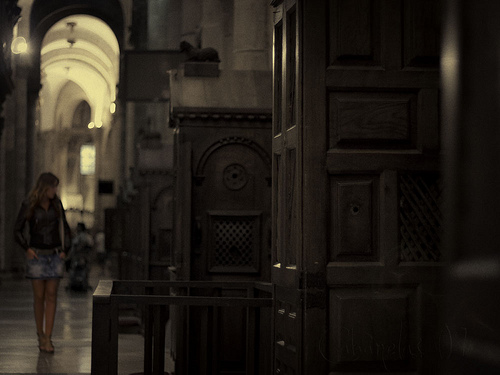
Growing up in a culturally mainstream (but non-religious) family, sinning wasn’t something I thought about much. It was something the church people dealt with and talked about.
But I did sin and still do. I now see myself as someone who sins on a regular basis, and I’m working on that.
The word means something different for me than it does in contemporary culture. As a child I learned (and you probably did too) that to sin is to do something really bad. If you look it up you’ll find it usually refers to a violation of a religious code of conduct.
So by this definition if you’re not religious, you can’t really sin, because you have no religious code of conduct to violate.
But I still think it’s a useful concept to the non-religious. As I’ve mentioned before, I think religions are essentially self-improvement methodologies that have lost track of themselves. They’re philosophies and mythologies meant to help us navigate human life in such a way as to cause the least harm possible, to ourselves and others. [For a more thorough explanation of why I think so, read this.]
Christianity’s infamous “Seven Deadlies”, for example, aren’t different in purpose than Buddhism’s prohibitions of sexual acts that cause harm, or lying, or stealing. They are all clear warnings that certain categories of behavior lead almost invariably to suffering for you and others, and so if you’re not into suffering you might want to avoid doing those things. The well-defined sin exists to create a red flag in your mind when you’re about to do something harmful. They can be pretty helpful, as a tool for becoming a better person.
The word got a bit loaded somewhere along the line though, and the S-word became a word to use almost exclusively in indictments of other people, as I’ll explain. Sinners!
It’s becoming more commonly known that the word sin derives from a word that meant “to miss the mark.” Not to do something bad per se, but to make a mistake. In modern terms, maybe the closest phrase to the original meaning of sin is “to fuck up.”
It doesn’t have to have such dire moral baggage strapped to it, even though it does imply that you’ve done something that causes harm. And whenever we cause harm, you could say there is a moral issue at play somewhere. Morality is nothing but the consideration of the harm caused by a particular action, right?
But I think instead of regarding sins as something “against the rules”, which we’ll be punished for (by Whoever or Whatever invented these rules) it’s more useful to think of sins as moral transgressions against ourselves. Read More
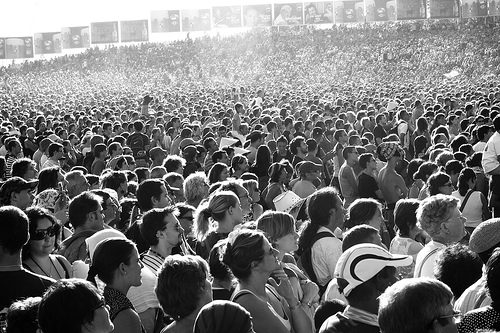
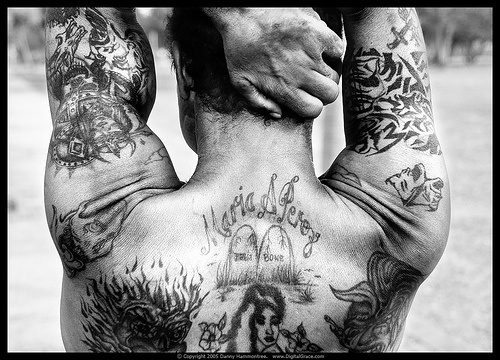

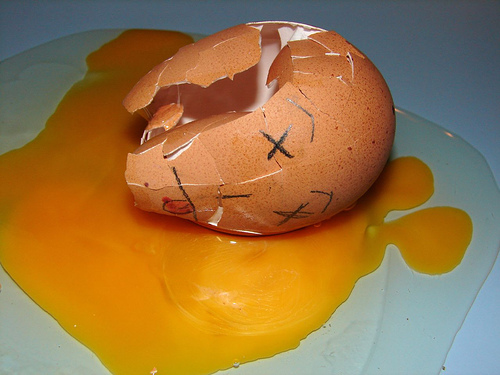



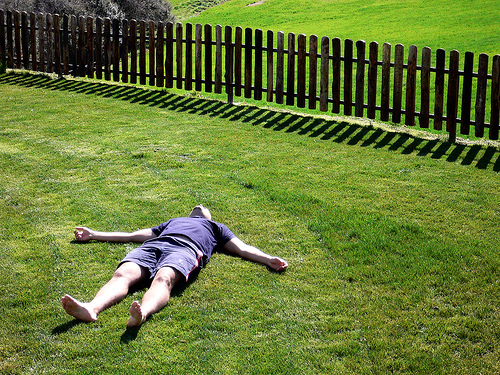
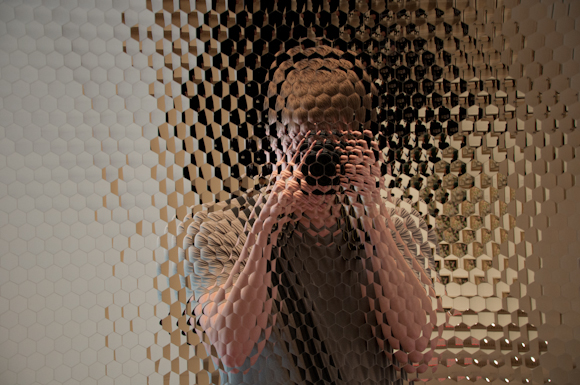
 I'm David, and Raptitude is a blog about getting better at being human -- things we can do to improve our lives today.
I'm David, and Raptitude is a blog about getting better at being human -- things we can do to improve our lives today.
I saw someone explain the secret to their success once. It had two steps: 1) Imagine what I'd do if I wasn't lazy. 2) Do that. It sounded absurdly reductive and almost cruel at first, but I've been surprised by how often it actually works. Not all the time, but often enough to...